Join the dots to see the class action honey pot
Don’t buy their puffery about providing access to justice — class action lawyers have their eye on the jackpot.
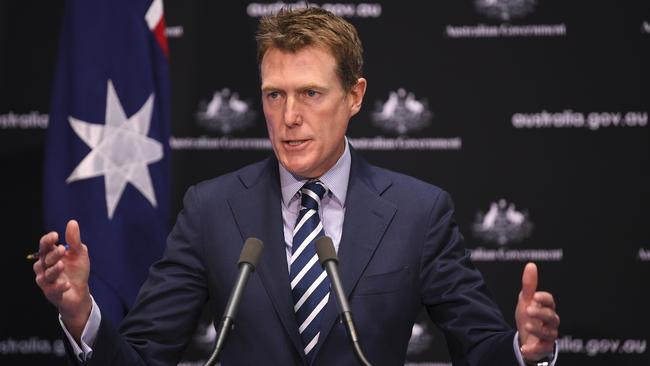
Now imagine what local class action law firms have in mind for Australia. With low hurdles to launching class actions, Australia has become a nirvana for these firms. No wonder the biggest legal guns in this already lucrative market want to beef up their share of the action. With litigation funders backed by foreign capital scouring the country for class actions, local class action lawyers want to bump them out of the way.
Don’t buy their puffery about providing access to justice for plaintiffs. The only access class action law firms are focused on is getting a bigger slice of the class action bonanza. Which is why we will see them shift lobbying efforts to full throttle in coming days and weeks.
And the biggest, most powerful class action law firm in Australia, Maurice Blackburn, with its cosy links to the Labor Party, is used to getting a terrific bang for its buck when it comes to making political donations. The last thing it wants is for the joint parliamentary inquiry announced by Attorney-General Christian Porter this week to ruin its chances of getting higher fees.
MORE JANET ALBRECHTSEN: High noon for class action cowboys | Unis in turmoil as dirty secrets exposed | Every life has a different value | Morrison needs to speak to the young | PM right to allow Virgin to crash-land | Reopening beaches not as easy as closing them
In a perfect world, politicians of all stripes would say thanks for the money and politely explain that, as elected representatives, they must make decisions for the sake of the people, not a political donor. In our imperfect world, this is pure fiction. So, some jurisdictions have banned certain donors, such as property developers, who have historically wielded too much influence on the body politic. Is it time to do the same with class action law firms? Rather than merely listening to their sickly sweet marketing blurbs, it pays to join the dots. From that exercise emerges the real picture, one featuring big fat dollar signs for firms already raking in big profits thanks to their growing power and influence.
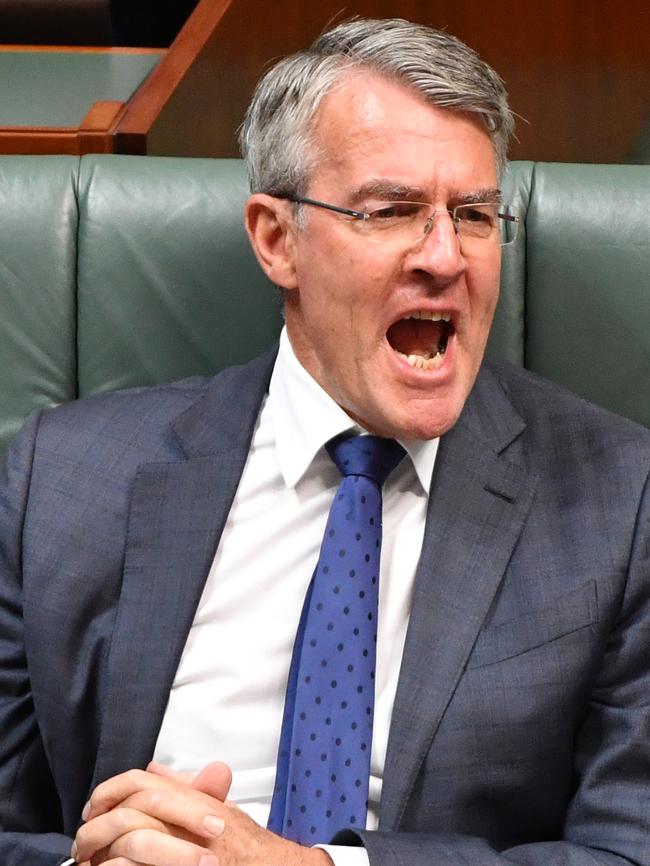
Start with this week’s announcement by opposition legal affairs spokesman Mark Dreyfus opposing the parliamentary inquiry, describing it as “a shameless move towards denying justice and fair compensation for ordinary Australians”. Note that the inquiry, due to report by December, will look at the huge financial rewards to litigation funders and the call by class action lawyers to get more of that action by charging contingency fees. Australia has never allowed lawyers to take a direct financial stake in the outcome of litigation, because, as the Law Council of Australia warned in March, it “creates a serious risk of compromising a practitioner’s fundamental obligations to the court and their clients”.
How can a law firm with a huge financial stake in a class action, much bigger than any individual plaintiff’s, make decisions in the best interests of individual plaintiffs? Won’t they be sorely tempted to put the biggest and best resources behind the cases that give them the best pay-off? Will they honestly disclose a smoking gun email or any other discoverable evidence if it would jeopardise a life-changing payout for the firm’s partners? Will they jump at the first half-decent offer defendants make, or will they take the risk and uncertainty of doing more years of hard work to get a better offer for their clients?
Next, look at who will benefit most from Labor’s opposition to an inquiry that may well rule out contingency fees because they are boon for lawyers but not for plaintiffs. Maurice Blackburn enjoys a whopping 17.8 per cent slice of class actions in Australia, 2½ times higher than Slater & Gordon, with a 7.5 per cent stake and its own close links to Labor.
During the last financial year, Maurice Blackburn’s financial statements show the firm received $31.4m from litigation funders, who paid their legal fees in class actions. It was $12.4m the previous year. What if funders were shoved out the way so lawyers could secure a more direct and fatter piece of the pie by charging contingency fees instead of measly hourly rates? It’s mouth-watering.
Now this: Maurice Blackburn has lobbied especially hard for the right to charge contingency fees so they get 30-40 per cent of the compensation plaintiffs receive.
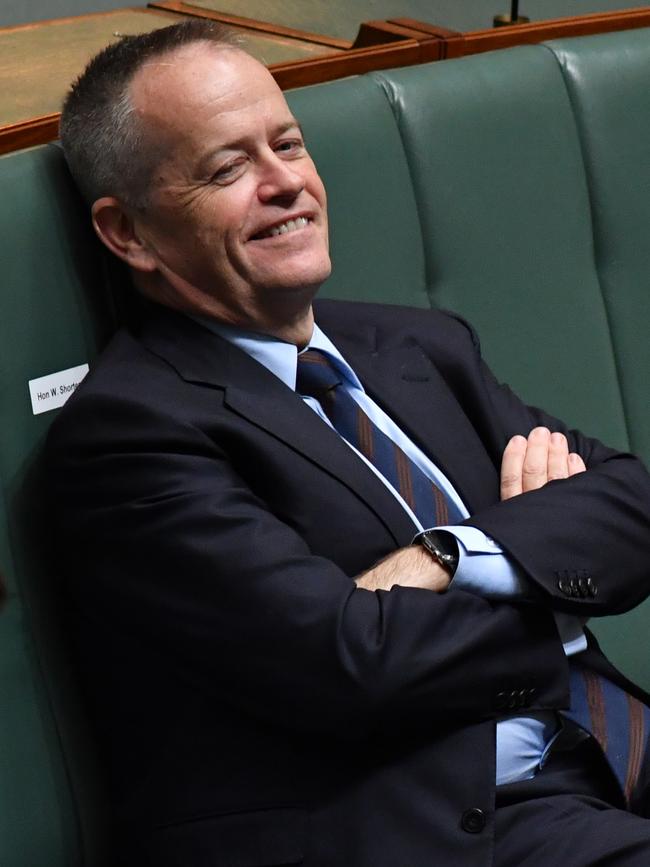
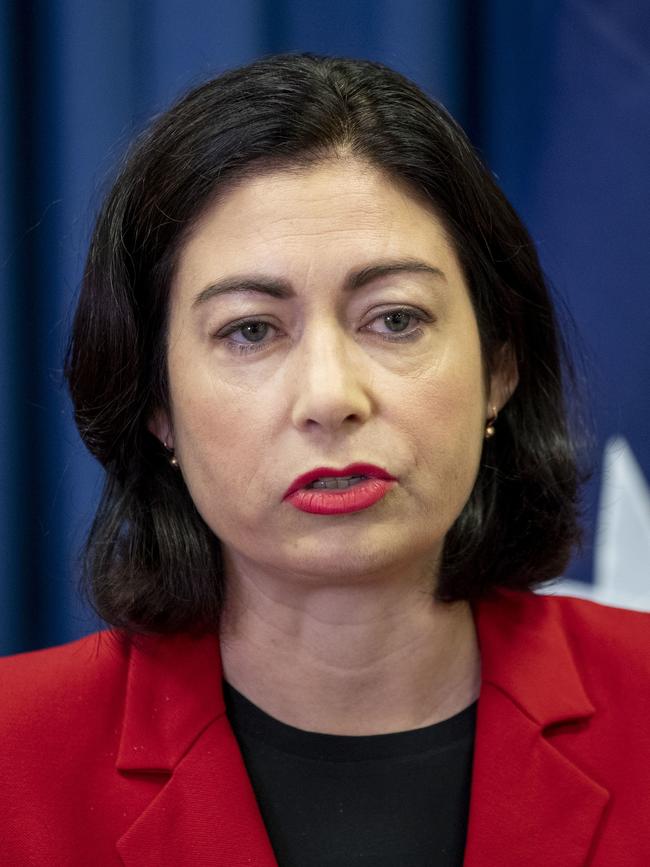
Next, consider the close links between Maurice Blackburn and Labor. Former federal Labor leader Bill Shorten used to work at the firm. So did Labor MP Terri Butler. So does Liberty Sanger, wife of former Labor factional boss David Feeney. Former federal Labor attorney-general Nicola Roxon used to work there. The firm’s chairman is former Victorian Labor premier Steve Bracks, who is regarded as the mentor of Victorian Premier Daniel Andrews.
Victorian Attorney-General Jill Hennessy worked as an adviser to Bracks when he was premier. Last November, Hennessy introduced legislation in the state parliament to allow contingency fees for class action lawyers. Snubbing Australian Law Reform Commission advice that any changes be done on a national basis, the Andrews government decided to go it alone. It would make Victoria the honey pot for class actions.
The bill is stuck in the upper house, so Maurice Blackburn drafted a helpful note to upper house crossbenchers showing the extra money plaintiffs would keep if lawyers charged contingency fees without a litigation funder in the picture. What it left out of the picture was that plaintiffs would receive even more of the compensation pie if lawyers simply stuck to their current no fee/no win arrangements.
Two months later, Maurice Blackburn launched a class action against National Australia Bank’s MySuper, without a litigation funder, telling class members that if the law changed, it might seek a higher percentage of any compensation paid.
Now the dot-to-dot with donations. There are two periods, 2009-10 and 2018-19, when donations from Maurice Blackburn to Labor spiked sky-high. In 2009, the Full Federal Court in the Multiplex case decided that a litigation funder that funded class actions and paid the fees of class action lawyers amounted to a “managed investment scheme”. That would have attracted serious consumer protection regulation. But in 2010 then finance minister Chris Bowen agreed to grant litigation funders an exemption from that regulatory regime.
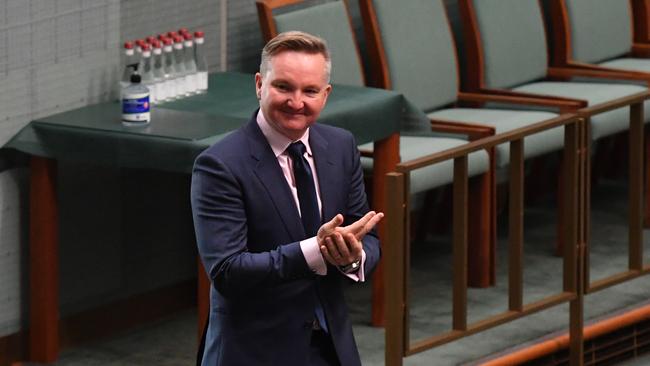
In the 2009-10 financial year, Maurice Blackburn donated $163,300 to Labor, then its highest donation on record to the party. The previous year it sent only $12,951 Labor’s way, and the year before that just $12,616. For the next 10 years Maurice Blackburn donated more than $1m to Labor, compared with $257,767 over the previous decade. In the last financial year, with a state election in Victoria in November 2018 and a federal election the following May, Maurice Blackburn donated $354,805 to Labor, the firm’s largest donation on record. It gave a further $200,000 to the ACTU, which campaigned for Labor.
Alas, Shorten would not become prime minister. But all was not lost. Maurice Blackburn had shovelled $122,887 into Labor in Victoria. And Labor’s Attorney-General tabled legislation last November to give class action law firms the right to hit up plaintiffs for a percentage of the compensation.
Tallying up the biggest donations to all political parties last year, Maurice Blackburn sits at No 8 with donations solely to the Labor side, one spot behind Labor’s very generous funder, the Construction Forestry Maritime Mining and Energy Union.
Now stand back. If all goes to plan, Australia’s biggest class action law firm can count on even bigger, fatter dollar signs. And Labor might be banking on more money too if greater riches accrue to Maurice Blackburn. There’s nothing illegal about that. For now. But if the Labor Party cannot find the backbone to accept donations without pushing for outcomes that enrich their donors at the expense of plaintiffs, then surely class action law firms should be treated the same as property developers. Some say that would be entirely appropriate.


“771 lawsuits — and counting: Wave of virus litigation hits businesses across the US,” blared The Washington Post earlier this month. In a post-COVID world, there is one certainty. Class action lawyers will make a motza.